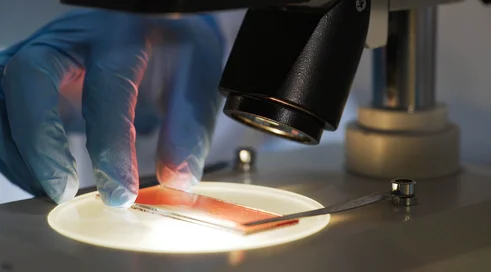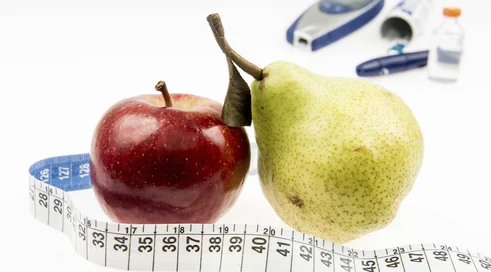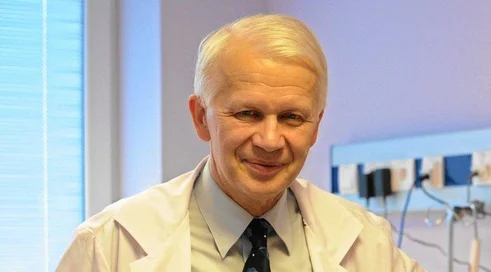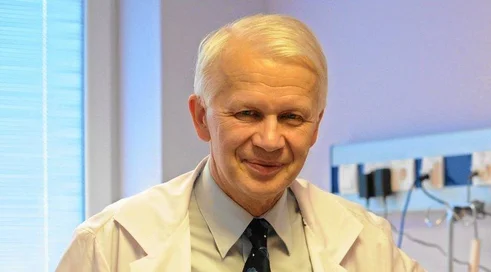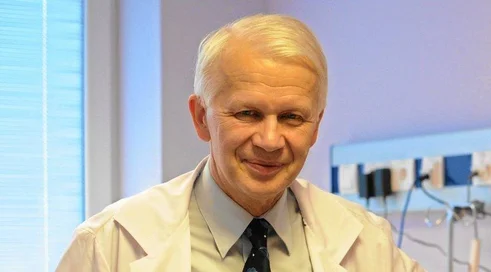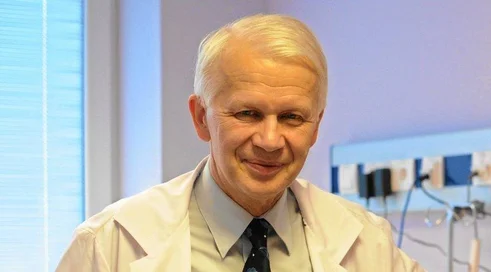Since the impact of a disease like diabetes on the state of the body was already referred to as "accelerated aging," many of the studies focusing attention on glycation processes involved people with diabetes. We now know that the AGEs that are formed cause both direct and indirect damage to many cellular structures - by inducing oxidative stress and the phenomena of glycation and lipoxidation.
Glycation is a process that is closely associated with chronic hyperglycemia taking place primarily in diabetes, but also in the pre-diabetic state of abnormal fasting glucose and abnormal glucose tolerance. Elevated blood glucose levels lead to glycation, a process in which a glucose molecule attaches to a protein without enzymes. Glycation is a reaction between sugars and proteins that leads to the formation of so-called advanced glycation end products (AGEs). AGEs are harmful to our bodies because they can affect the structure and function of proteins.
It is AGEs that may be responsible for the development of diabetes complications, such as angiopathy (vascular damage : microangiopathy and macroangiopathy; neuropathy (nerve damage), and nephropathy (kidney damage), among others.
The process of glycation, occurs in both type 1 diabetes and type 2 diabetes. However, the mechanisms and factors leading to it may vary depending on the type of diabetes and, in addition, the presence of insulin resistance and hyperinsulinemia.
...
Content locked
To gain access to the complete English section of the Medexpress.pl, kindly reach out to us at [email protected].






